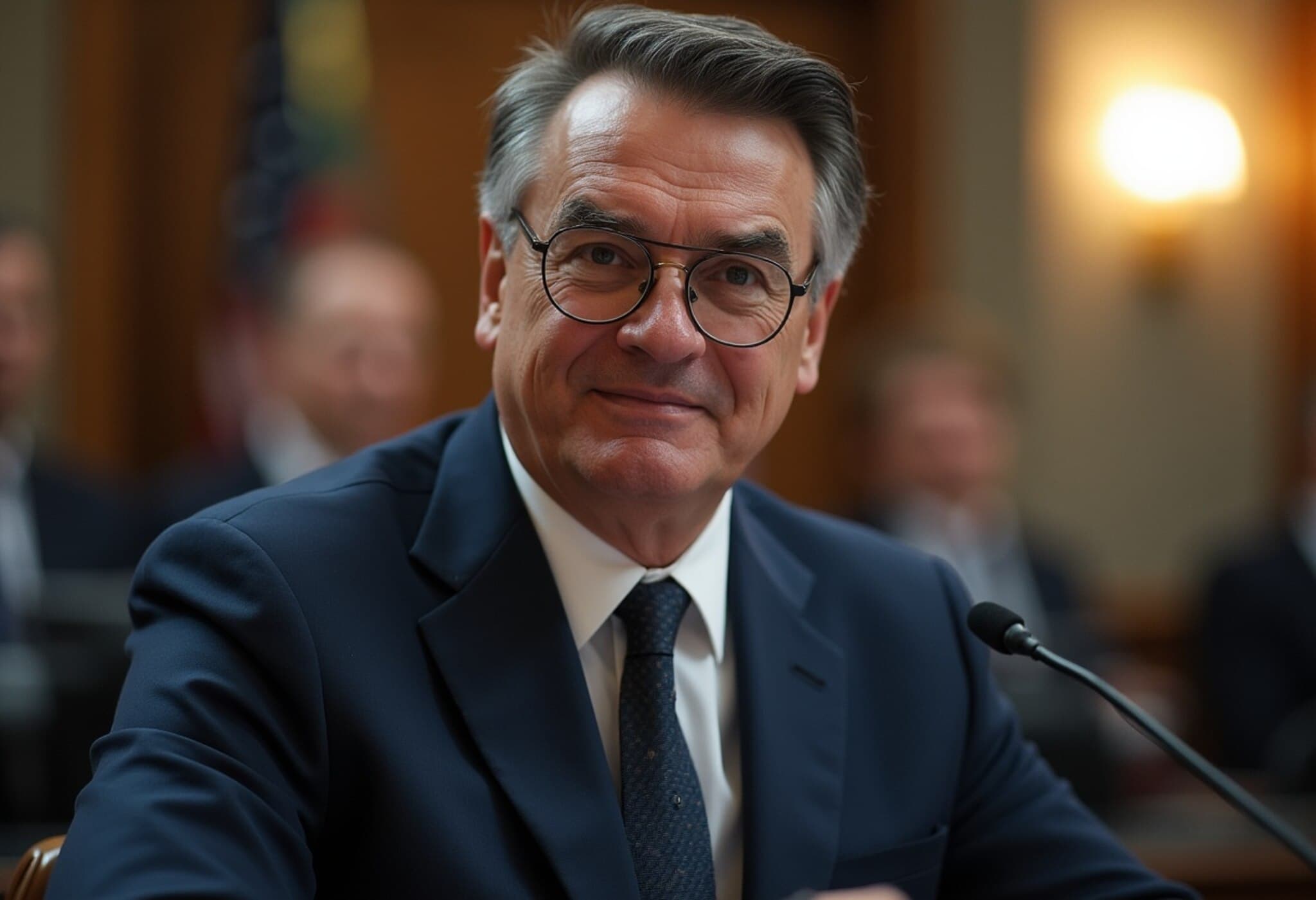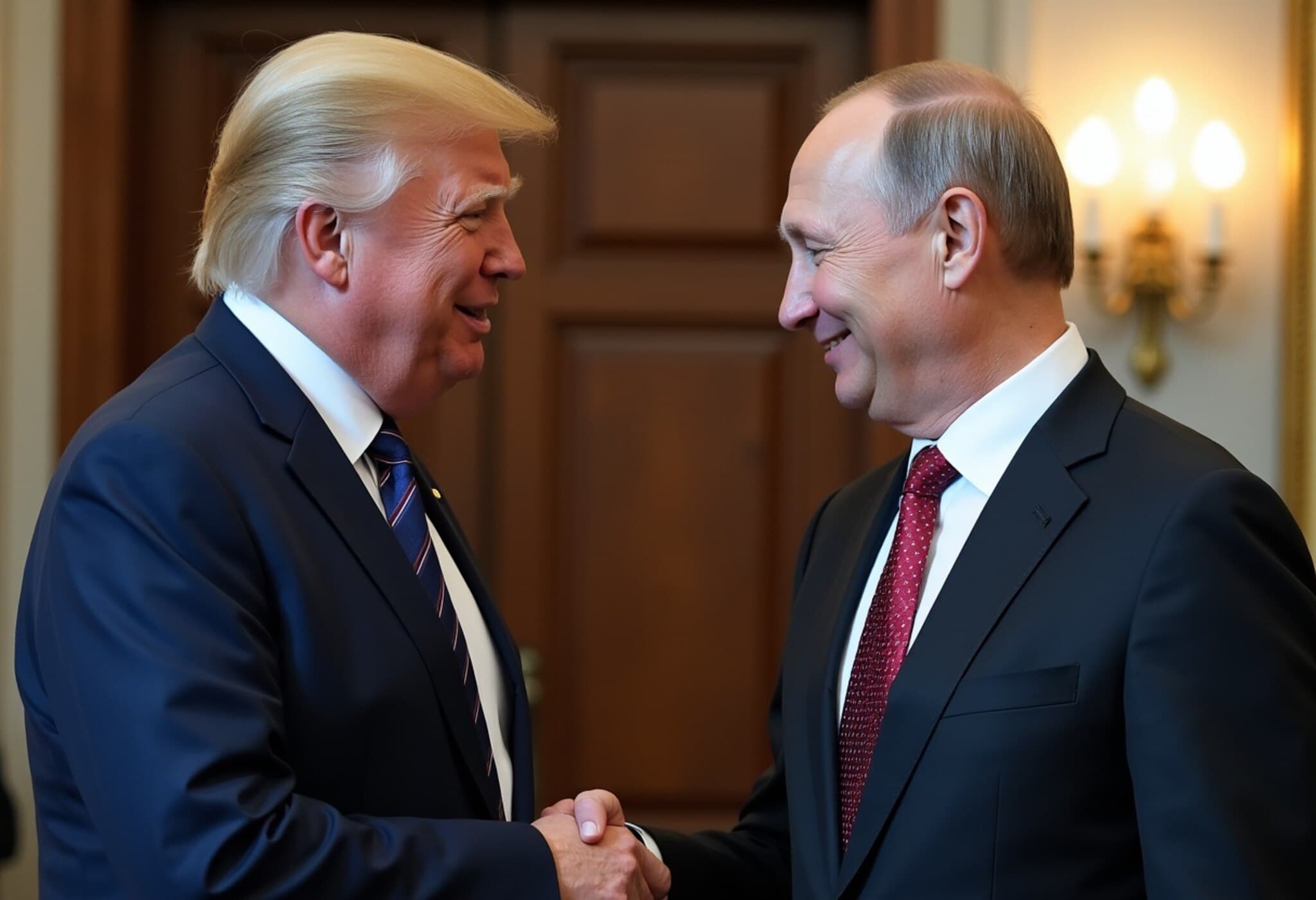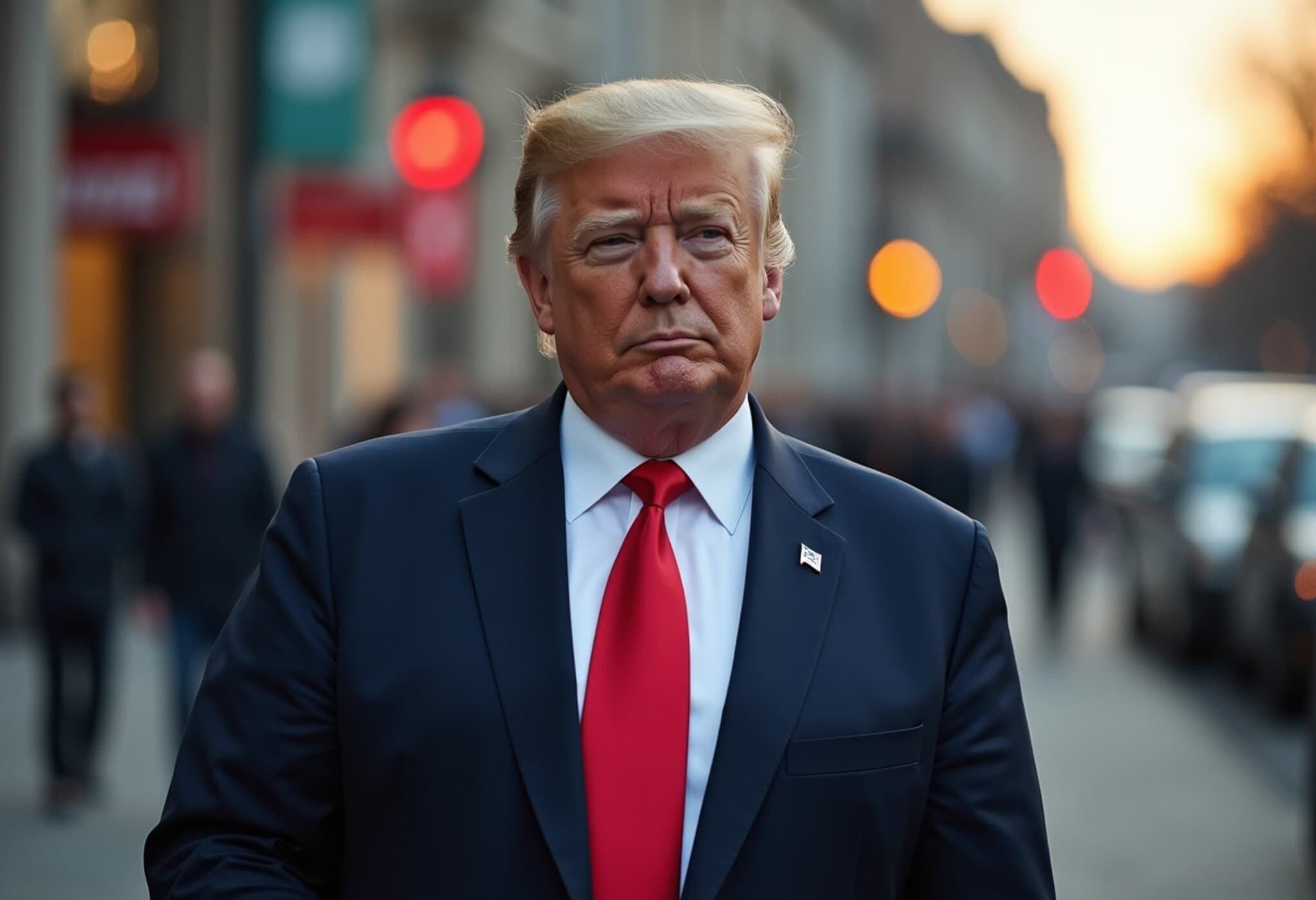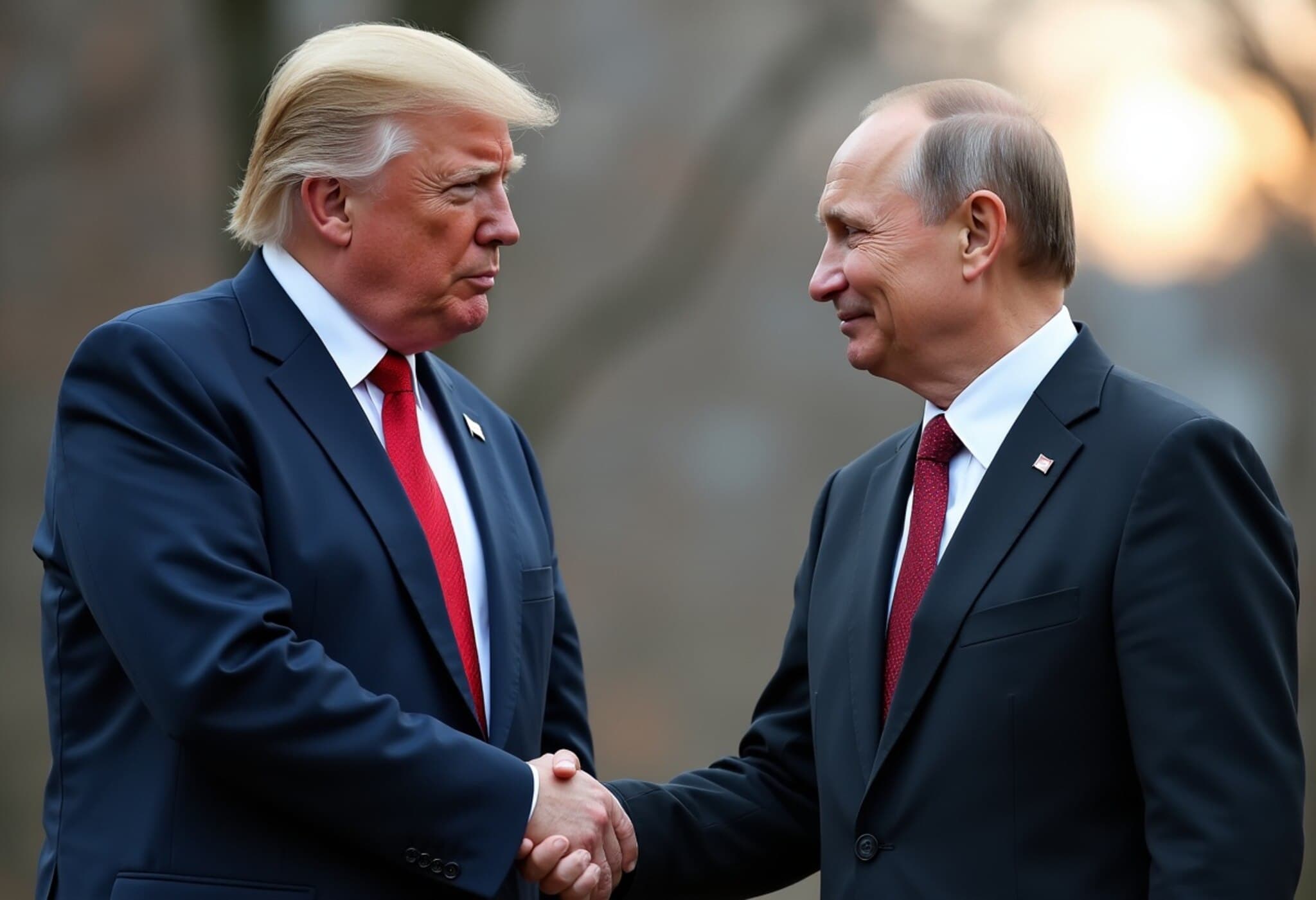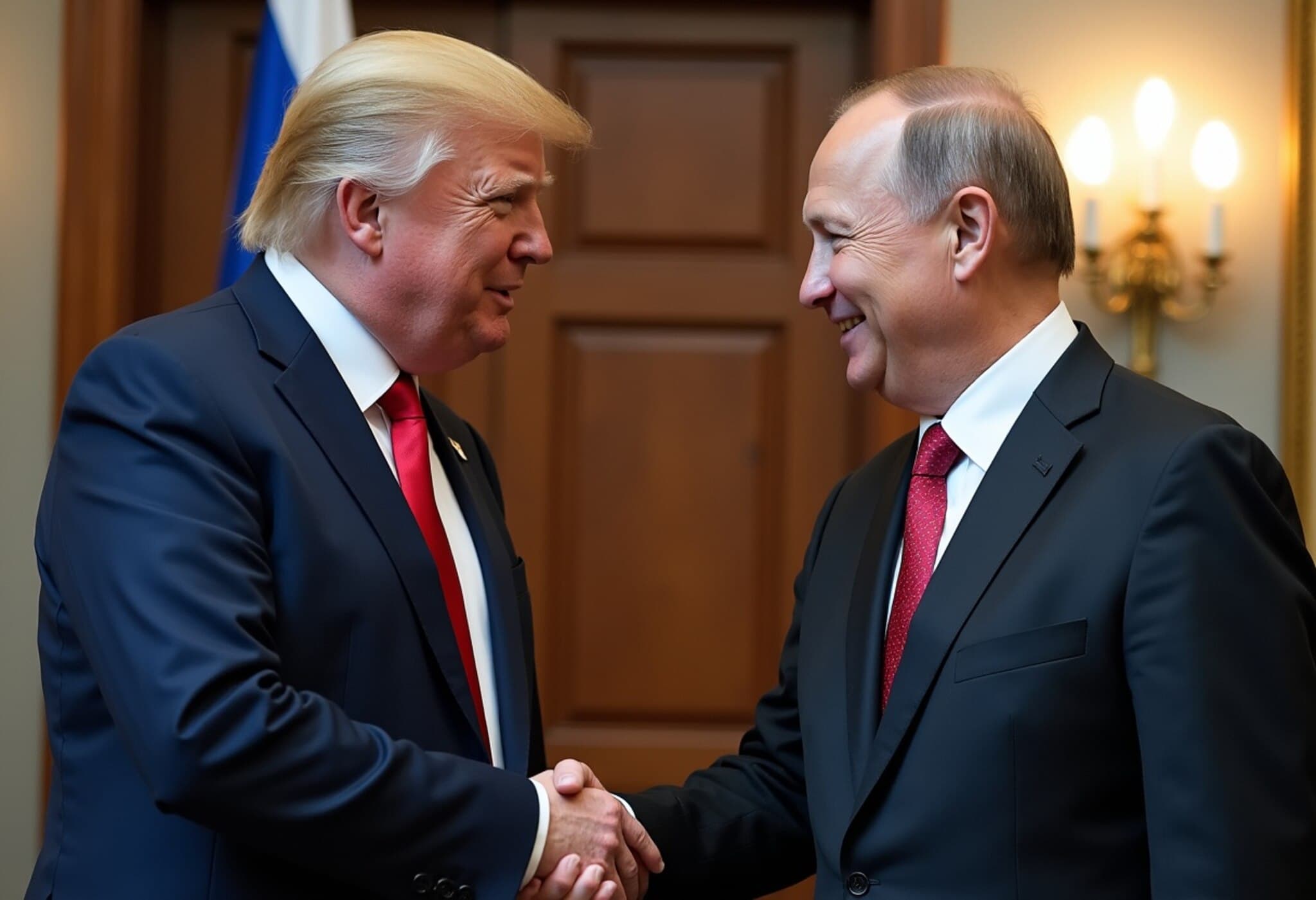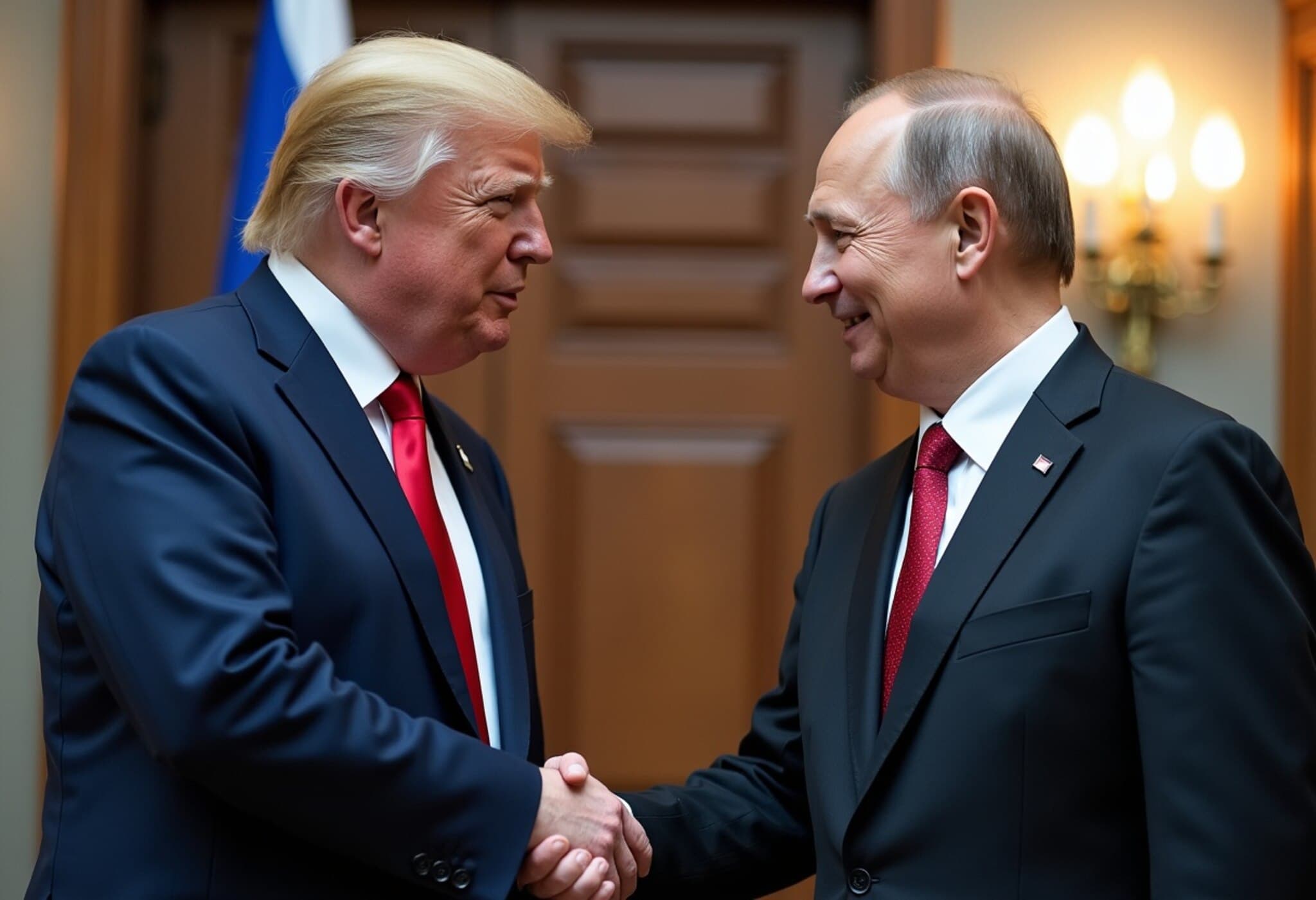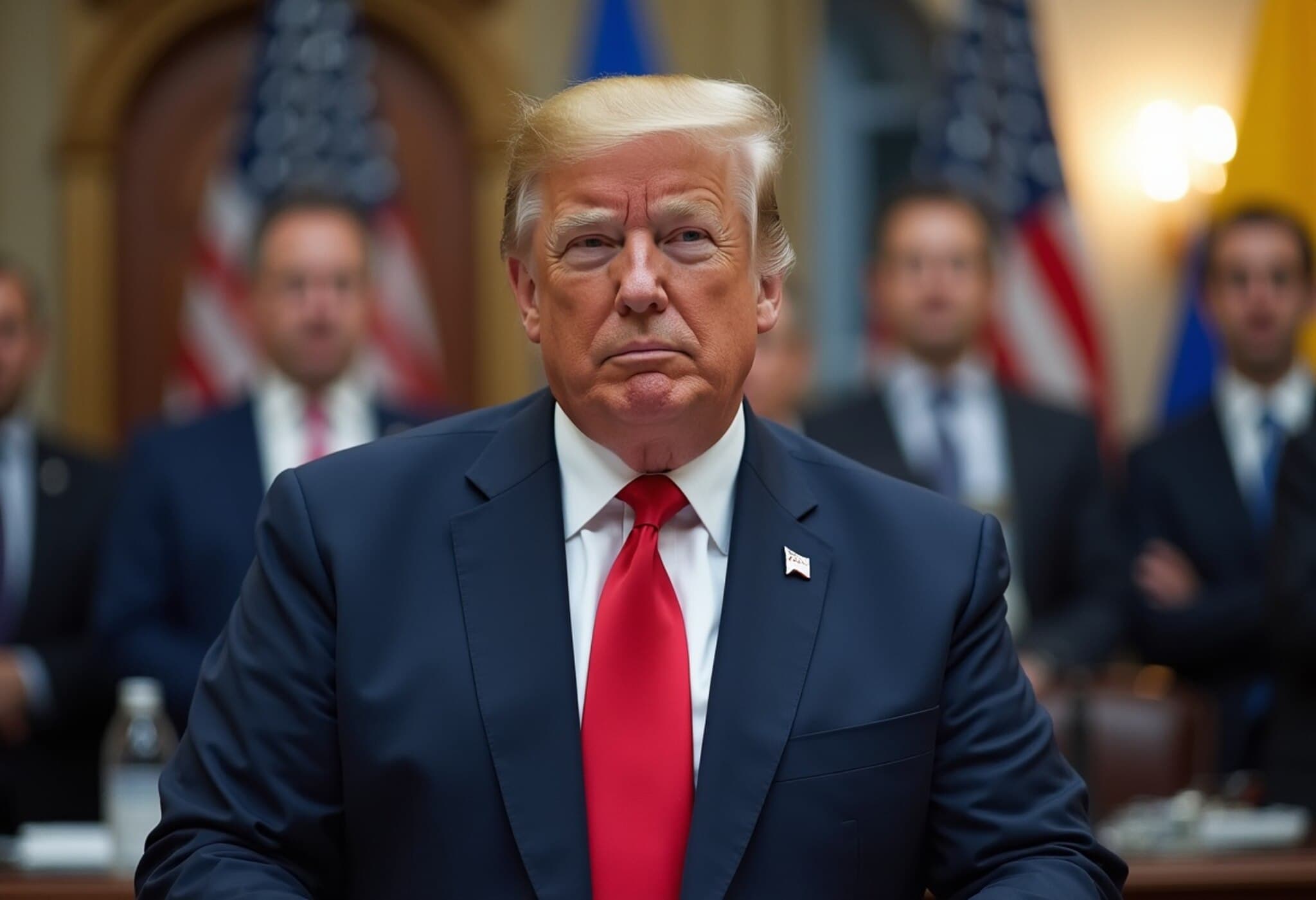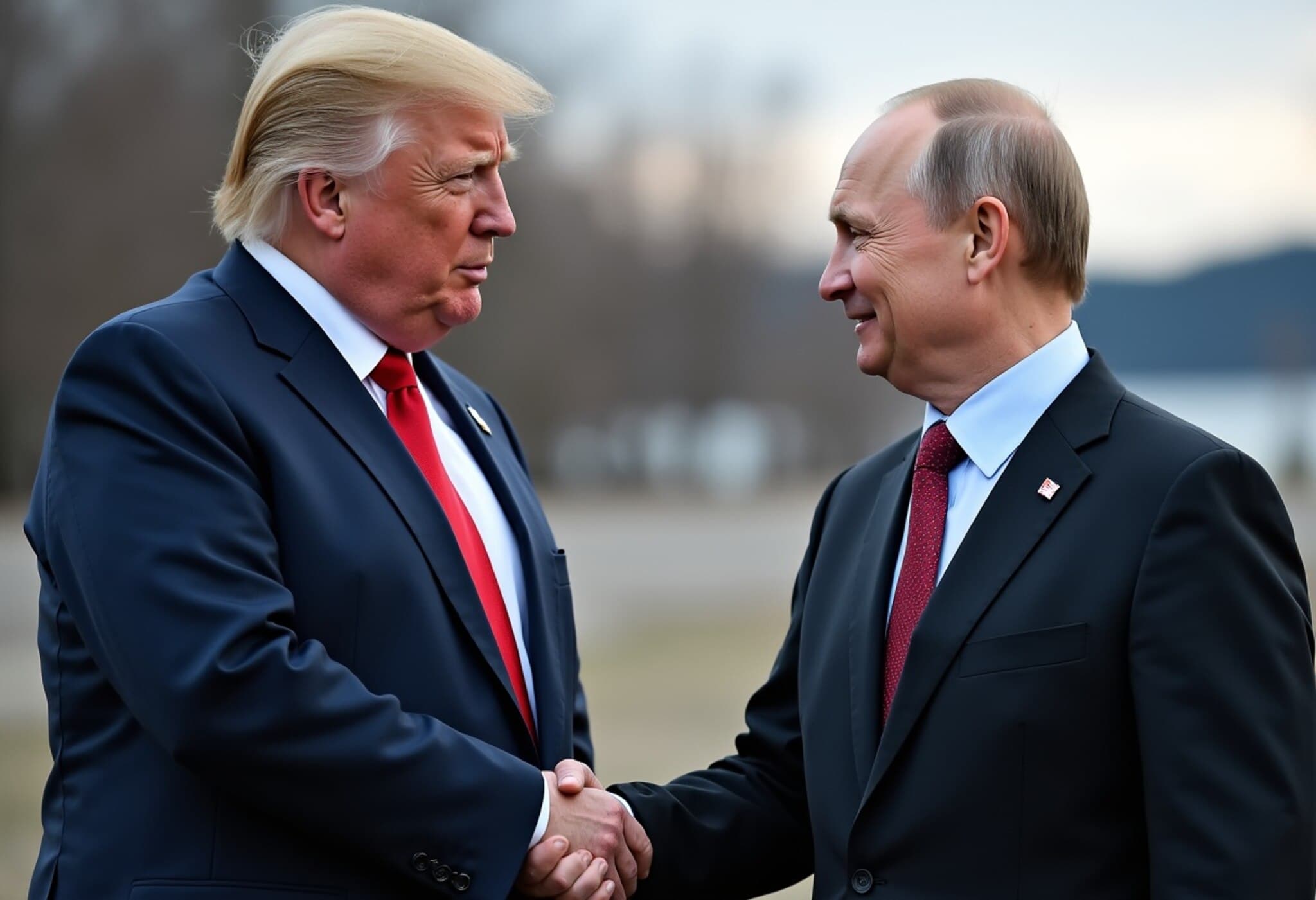Friedrich Merz Signals New Direction for Germany in Europe
German Chancellor Friedrich Merz is reshaping Germany’s role within the European Union, ushering in a notably sharper tone toward Brussels that contrasts starkly with the more conciliatory style of his predecessor, Olaf Scholz. Known historically as a pro-European figure and former Member of the European Parliament, Merz’s recent critiques of the EU — ranging from budgetary disputes to bureaucratic sluggishness — point to a more assertive and pragmatic approach.
Breaking with Tradition: A Conservative Voice Challenges EU Norms
Merz’s growing list of concerns includes opposition to the EU’s proposed long-term budget increase, frustration over regulatory overload, and vocal criticism of the EU-US trade agreement. These stances echo his conservative convictions emphasizing fiscal restraint, smaller government, and heightened security. Jörn Fleck, Senior Director at the Atlantic Council’s Europe Center, underscores how Merz’s pro-European allegiance remains intact but operates in dynamic tension with his conservative priorities.
"Merz’s political background is deeply rooted in European integration, yet his skepticism toward bureaucratic inefficiency and fiscal imprudence reflects both ideological principles and domestic realities," Fleck explains. Such positions resonate particularly with German industry leaders and voters who feel burdened by excessive EU rules.
Domestic Politics Meets European Diplomacy
Sudha David-Wilp, Vice President of External Relations at The German Marshall Fund, highlights how Merz’s rhetoric is a strategic response to a German electorate that is conservative but not fundamentally Euro-critical. By voicing impatience with Brussels’ slow response times and dense regulations, Merz taps into a domestic mood favoring streamlined governance without abandoning European unity.
Henning Vöpel, CEO of the Centres for European Policy Network, sees Merz forging a “new German style” — one promising leadership and openness to debate rather than the hesitant neutrality that characterized recent German administrations. Vöpel notes, "The days of the so-called 'German vote' abstentions on crucial EU matters are fading as Merz stakes out a more direct and sometimes brusque profile." Merz’s push for clarity and firmness in Germany’s European positions reflects a desire to balance Germany’s domestic priorities with its continental responsibilities.
Strategic Engagement with the U.S.: A Calculated Transatlantic Dance
Merz’s evolving outlook also serves a vital transatlantic purpose. By adopting a critical tone toward the EU’s internal management, he positions himself favorably with U.S. President Donald Trump — a figure often skeptical of European institutions. Henning Vöpel notes, "Merz’s approach may be designed to build bridges with Trump, who perceives the EU as a rival to American interests." This diplomatic choreography distinguishes Merz from many European leaders who have struggled to engage Trump constructively.
June’s Oval Office meeting between Merz and Trump was perceived as a diplomatic win, signaling Germany’s willingness to engage directly with the American president. Merz even played a key role in launching dialogue between U.S. and European officials ahead of Trump’s high-stakes summit with Russian President Vladimir Putin. Such efforts underscore a broader recognition that, as David-Wilp puts it, “Europe’s stability and prosperity hinge on a robust and smooth partnership with the United States.”
Importantly, these diplomatic endeavors do not appear to force a choice between Merz’s pro-EU and pro-Atlanticist commitments. Fleck emphasizes that Merz is skillfully balancing his firm stance on European priorities while maintaining a cooperative relationship with Washington, avoiding unnecessary conflicts despite Trump’s unpredictable style.
What This Means for Europe's Future
- Germany's new assertiveness may prompt recalibration within EU institutions, potentially accelerating reforms aimed at reducing bureaucratic hurdles.
- The evolving Germany-U.S. relationship under Merz and Trump could influence transatlantic trade negotiations and geopolitical alignments, especially in the context of Russia and China’s rising influence.
- Merz’s leadership style reflects a broader European trend where conservative governments prioritize fiscal discipline alongside pragmatic engagement with EU frameworks.
Editor’s Note
Friedrich Merz’s emergence signals a subtle but meaningful transformation in Germany’s European policy. As he blends conservative domestic priorities with a pro-European worldview, his leadership prompts critical questions: Can Germany’s new bluntness foster meaningful EU reforms without fracturing unity? How will Merz’s rapport with Trump shape transatlantic dynamics amid ongoing geopolitical complexities? Finally, will this new German style inspire other member states, or deepen divides within the EU? Readers should watch closely how Merz balances ambition with diplomacy, and what that means for Europe’s future.




